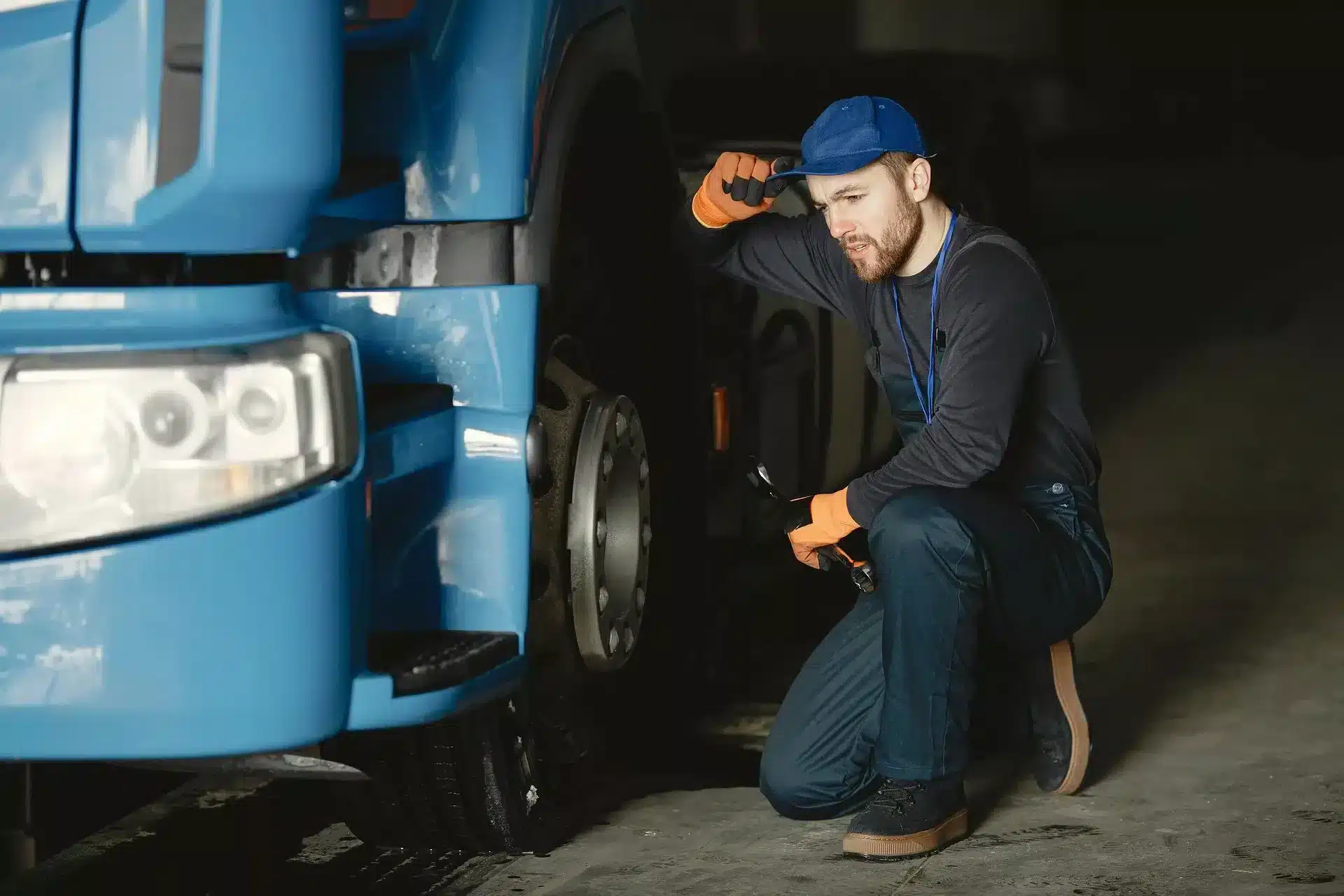According to the Waste Act of December 14, 2012, entrepreneurs transporting waste are obliged to deliver it to the destination and hand it over to the entity indicated by the client ordering the transport service. If a carrier fails to fulfill these obligations, it may result in the imposition of an administrative penalty ranging from 1000 to 100,000 PLN. Penalties are imposed in accordance with the provisions of administrative proceedings.
Is vehicle breakdown a force majeure?
The question arises whether a vehicle breakdown, which results in waste being stored in a different place than designated by the person ordering the transport, can justify the failure to deliver the waste to the destination and thus avoid a penalty? The issue is about the possibility of applying the provision of Art. 189e of the Administrative Proceedings Code, which stipulates that a party that has violated the law due to a force majeure event is not subject to a penalty.
The Voivodship Administrative Court’s ruling from November 2021
In this matter, the Voivodship Administrative Court in Warsaw has voiced an opinion in a case regarding an administrative monetary penalty imposed on a carrier for failing to deliver waste to its destination. During an inspection by the Voivodship Inspector for Environmental Protection, it was revealed that the waste, which the carrier was supposed to deliver, had been stored elsewhere due to a vehicle breakdown. Ultimately, as a result of the inspection, the waste was delivered to its intended location, but the carrier was fined a monetary administrative penalty.
The carrier appealed against this decision, arguing that the legal violation had been rectified, as the waste eventually reached its destination. The carrier believed that the vehicle breakdown should be considered a force majeure, which would justify waiving the penalty. The waste transport was interrupted due to a vehicle breakdown, which the carrier considered a force majeure event. The case ended up in the Voivodship Administrative Court in Warsaw.
The court’s view on vehicle breakdown
In the rationale of the judgment from November 2021 (IV SA/Wa 1282/21), the Voivodship Administrative Court in Warsaw stated that failure to deliver waste to its designated destination constitutes an administrative offence. The court emphasized: “In the case of a violation of the obligation referred to in Art. 24, sec. 4 of the Waste Act, due to its nature, one cannot speak of stopping the commission of an offence. An offence committed once cannot be reversed, and only the consequences of unlawful behaviour can be mitigated.”
In the court’s assessment, “a technical failure of a vehicle used to conduct waste transport activities cannot constitute a circumstance over which one has no control. Life experience shows that a vehicle, as a mechanical device, is subject to wear and tear, especially when used for economic purposes, and regular technical inspections can prevent a breakdown that temporarily disables the use of the vehicle. A company conducting such a specialized economic activity should expect the possibility of a breakdown of one of its vehicles, and for this reason, should take all due care to maintain at least one of the vehicles in a technical condition that allows for uninterrupted use of it, or take other actions, such as renting another vehicle, to ensure the ability to continue conducting business.”
The judgment of January 4, 2023
In the judgment of January 4, 2023, (VIII SA/Wa 16/22), the Voivodship Administrative Court in Warsaw stated: “The provision of Art. 189e of the KPA excludes the possibility of punishing a party only in a very special situation, which is force majeure. Force majeure is only considered an event characterized by three features: externality, impossibility of predicting it, and impossibility of preventing its effects. Force majeure sets the boundary of liability on the basis of risk. The objective concept of force majeure, understood as an external, extraordinary event, manifesting itself in a negligible probability of its occurrence and an overwhelming nature, which involves the impossibility of controlling it and preventing its effects at the existing level of knowledge and technology development, prevails. Normal manifestations of such understood vis maior are natural disasters: earthquakes, floods, or hurricanes. Force majeure can also be events caused by human beings, such as: war actions, violent riots, as well as acts of public authority, which must be obeyed under threat of sanctions.”
Interpretation based on jurisprudence
This line of judgments indicates that the carrier should expect the possibility of a vehicle breakdown transporting waste, as it is an economic risk involving not only liability towards contractors, but also administrative and criminal liability.
Author: Legal Counsel Przemysław Ostrzyżek, Chałas and Partners Law Firm.
Source: https://ceo.com.pl/awaria-pojazdu-przy-transporcie-odpadow-czy-mozna-uniknac-kary-analiza-orzecznictwa-i-zastosowanie-przepisow-ustawy-o-odpadach-27308
